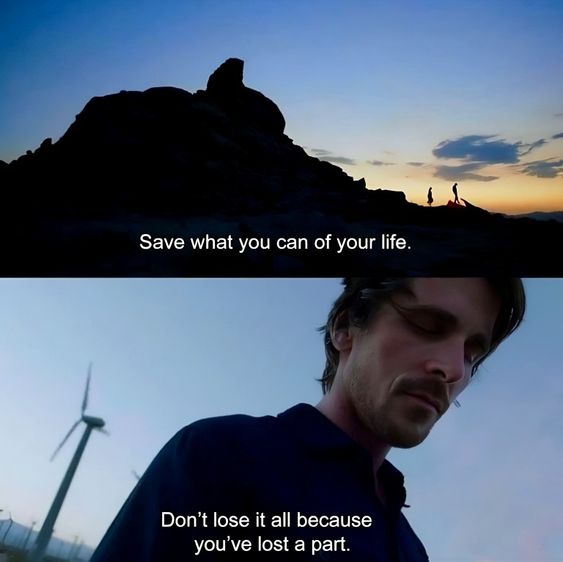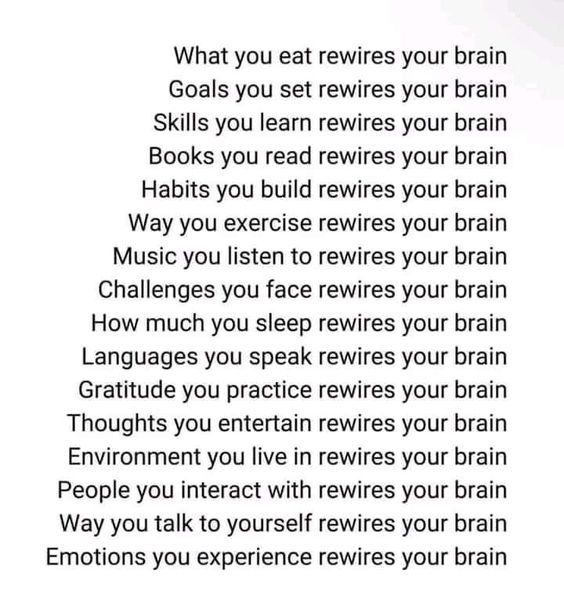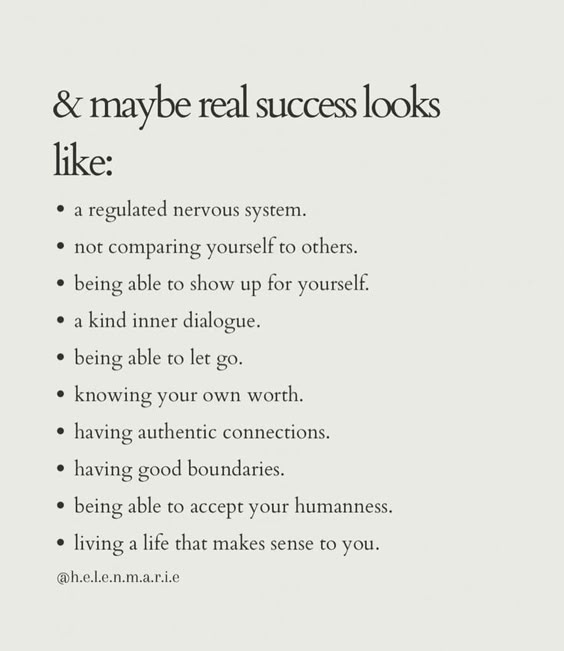“Don’t try to be efficient with your grief. Just like healing, moving through grief can be a messy process. An important thing to understand is that you can grieve for years while still living a full and enjoyable life. Letting go is not a quick process, feeling sadness is totally normal, the heaviness of loss can sit in your heart for a long time. The sadness may come up over and over again, sometimes triggered by something small, let it arise and pass away. Let yourself experience grief in an organic manner.”
Yung Pueblo
“You will have to take 100 percent responsibility. And whenever you accept 100 percent responsibility, you become free, and then there is no bondage in this world. In fact, anger is a kind of bondage. I cannot be angry, because I am not in bondage. I have not been angry with anybody for years, because I don’t make anybody else responsible. I am free, so why should I be angry? If I want to be sad, it is my freedom. If I want to be happy, it is my freedom. Freedom cannot be afraid, freedom cannot be angry. Once you know that you are your world, you have penetrated into a different kind of understanding. Then nothing else matters—all else is games and excuses.”
Osho, Everyday Osho (Page 318)
“The real bravery, the real fight, is not outside. The real fight is inside, it is an inner conquest. Although Alexander may have been a great warrior, as far as his own instincts were concerned, he was a slave. Napoleon may have been a great soldier, but as far as his own anger, lust, and possessiveness were concerned, he was just as ordinary as anybody else. The really brave ones are Jesus, Buddha, Patanjali—these types of people. They have overcome themselves. Now no desire can pull them here and there, now no unconscious instinct can have any power over them. They are masters of their own lives.”
Osho, Everyday Osho (Page 317)














